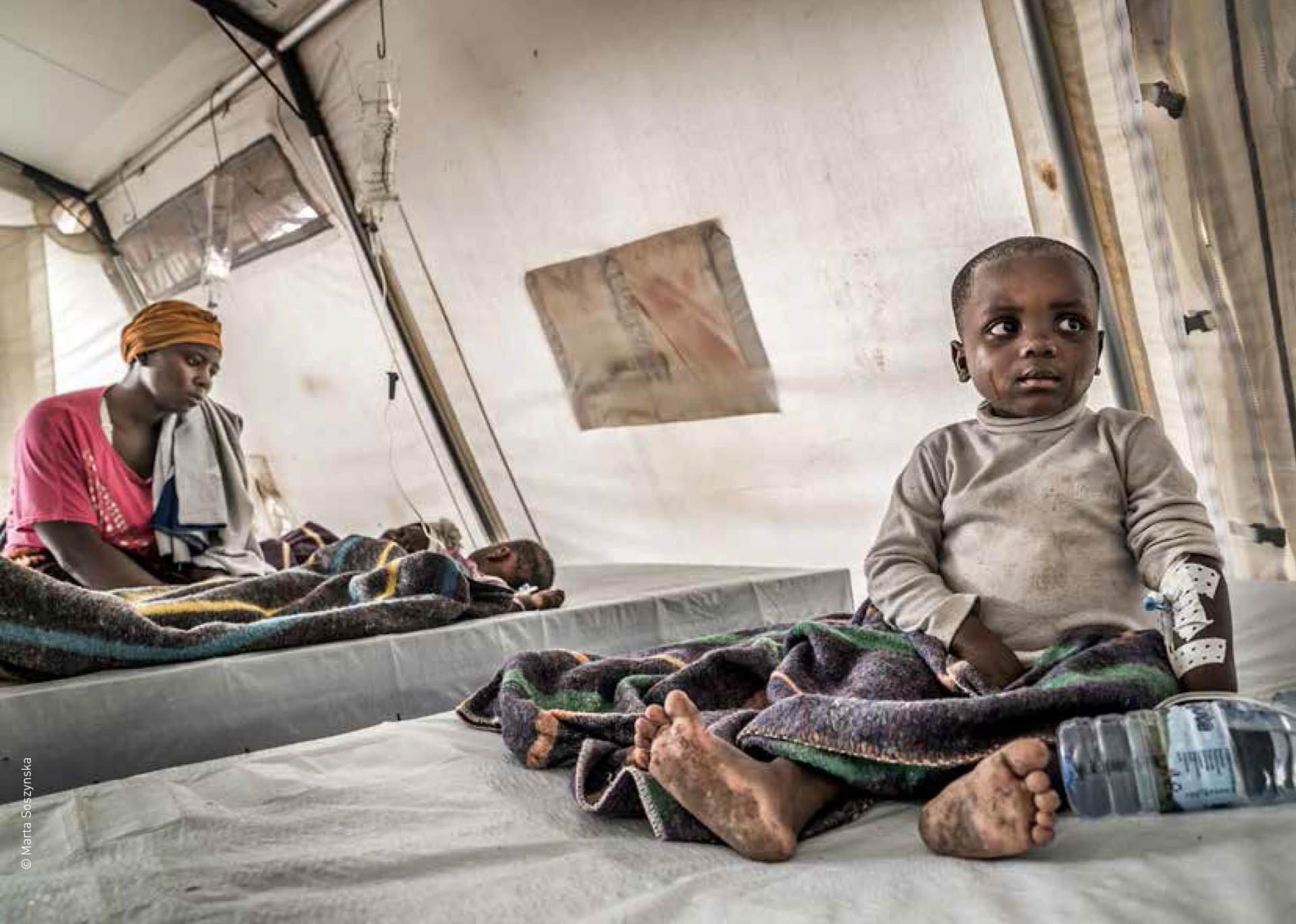Direct payments by patients at the point of health care delivery, commonly known as user fees, lead to low utilization or exclusion of health care services on offer, difficult assessment of health needs and epidemic risks, and impoverish entire households. Vulnerable groups are particularly affected. Over the past decade, many countries transitioned away from their user fee policies in favor of free health care initiatives for all or for specific population groups, such as pregnant women, children, and people with certain illnesses.
Considering there is a worldwide commitment to achieve Universal Health Coverage (UHC) by 2030, including “financial risk protection, access to quality essential health care services, and access to safe, effective, quality, and affordable essential medicines and vaccines for all”,1 one would expect free health care to be at the core of UHC policies.
However, the reality witnessed by Médecins sans frontières/Doctors Without borders (Msf) teams starkly contrasts the discourse around UHC.2 Instead of improved access to care, Msf sees a striking trend towards:
- The reintroduction of user fees and other direct payments by patients within national health financing strategies
- A reduction in the commitment and protection of previously accepted fee exemptions, such as those devised for:
− populations affected by conflict, epidemics, or other crises
− patients with the need for (life)long, uninterrupted, or repeated treatment and key priority health services, such as treatment for HIV, tuberculosis (Tb), malaria, and maternal and child care
- a lack of commitment and support to implement free care policies that secure financial access and ensure sufficient and impactful coverage for the population’s health needs.
